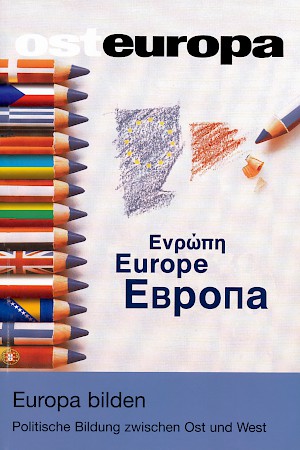The need for differentiation
Political education and the restructuring of Eastern Europe
Deutsche Fassung
Abstract
15 years after the end of the East-West conflict, political education still lacks concepts that will help it to deal with the diversity of Eastern Europe. One part of the region, which has undergone democratic consolidation, belongs to the EU. A second part, with Russia at its centre, consists of hybrid systems in which democratic elements coexist with authoritarian tendencies and liberal economies. The dictatorships of Central Asia make up the third part. The point of reference of any form of political education remains the obligation to make a contribution to the development of a democratic political culture. In Europe, though, there is as yet no consensus of this sort. The EU has too few powers, and there is insufficient political awareness of the issue at the EU level. Brussels has launched some campaigns in this area, but they have been short-lived and so contraproductive. Bodies involved in political education need to cooperate with partners from civil society and the economy, whose expertise opens up a great potential for educational work beyond bipolarity.
(Osteuropa 8/2005, pp. 59–72)



